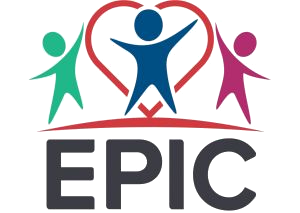
ELSA Training & Supervision
ELSA Training
There will always be children and young people in our schools facing life changes that detract from their ability to engage with learning. If we give them a chance to think about these difficulties within a safe and supportive relationship, we can help them increase their resilience. By encouraging better recognition and self-management of emotional states, they will become better able to access the educational opportunities presented to them. Children learn better and are happier at school if their emotional needs are addressed. This is when the ELSA role is paramount to facilitate this within a school, and the positive impact on students is immeasurable (Sheila Burton 2009).
What is it?
So, what exactly is an ELSA? An ELSA, or Emotional Literacy Support Assistant, is a dedicated member of the school staff. They have undergone specialized training from educational psychologists and continue to receive supervision. Their role is to design and implement support initiatives for students who are facing emotional challenges, be it short-term or lasting.
Aims of the training
- To extend your understanding of emotional literacy.
- To increase your expertise in understanding and supporting emotional regulation in the school setting.
- To develop your skills in supporting children with emotional difficulties.
Who should train as an ELSA?
- Has a warm personality and can stay calm under pressure
- Demonstrates good interpersonal skills with children and adults
- Can gain the confidence of children who are behaviourally challenging or socially withdrawn
- Enjoys learning
- Can work independently and show initiative
- Has good time management and organisational skills
- Can plan programmes of support that incorporate variety, interest and pace
- Can keep concise records of involvement
As an ELSA you will likely
- Attend training days and group supervision sessions led by EPIC Psychology and Wellbeing Service (once every half-term)
- Plan and deliver individualised programmes of support for children to develop their emotional literacy, including:
- Awareness of one’s own and other people’s emotions
- Development of an increased range of emotional vocabulary
- Management of stress, grief, anger and conflict
- Development of social interaction skills
- Development of the ability to initiate and maintain friendships
- Model and promote realistic self-concept and good self-esteem
- Plan and deliver programmes of support to small groups of children to develop social and friendship skills
- Write succinct session plans and add subsequent evaluative comments
- Liaise with teachers and other support assistants about the needs and progress of children receiving support
- Share knowledge and ideas from training/supervision sessions with other school staff as appropriate
- Meet regularly with the line manager to review ELSA work
- Work within own competencies and level of development under the guidance of the line manager
- Liaise with parents in line with school policy.
If you would like to learn more about ELSA training, please follow this link
ELSA Supervision
An essential component of the ELSA initiative is the ongoing support provided by educational psychologists to enhance the competence and confidence of ELSAs. This support is facilitated through supervision sessions that involve ELSAs from different schools and are managed by an educational psychologist from EPIC Educational Psychology and Wellbeing Services. The objectives of these supervision sessions are:
– To develop the skills and competence of ELSAs (developmental)
– To ensure the safety of the individuals they work with by improving the quality of the ELSA’s work (qualitative)
– To sustain and support the ELSAs in their roles (resourcing)
During supervision groups, effective problem-solving strategies are demonstrated, and discussions often reference the psychological principles underlying the ELSA role. These groups also provide a chance to foster supportive relationships among ELSAs, allowing for the exchange of ideas and resources.
ELSA practitioners who receive supervision from EPIC Educational Psychology and Wellbeing Services will participate in one 1.5-hour session every half term. The first session will be held face-to-face, while the second session will be conducted online via MS Teams. Attending supervision is mandatory for ELSAs to maintain their ELSA status. If you require further information please email us at info@epicleics.com.


